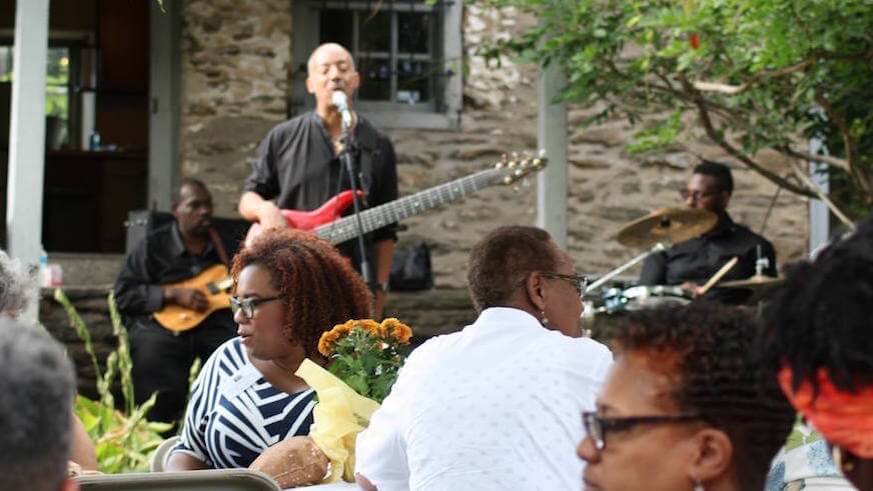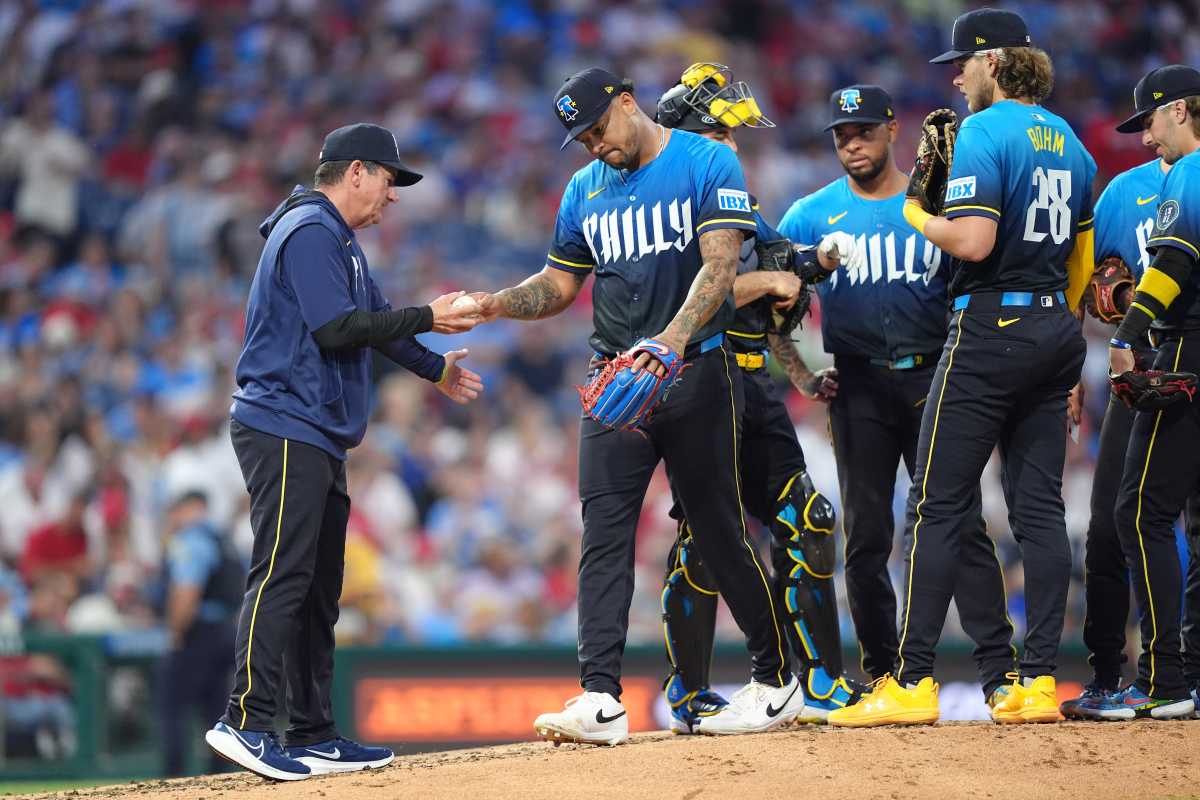For most Americans, Independence Day is an annual celebration complete with fireworks, barbecues and live music. For the descendants of African slaves in America, however, June 19th – or Juneteenth, as it is commonly known – is the actual triumphant day for celebrating freedom.
The passing of the Emancipation Proclamation has been considered the moment that ended slavery in America. Unfortunately, many slaves were still held captive after it went into effect on January 1, 1863. Many southern states, including Texas, refused to honor the executive order. On June 19, 1865 – more than two years later – Union soldiers entered Galveston, Texas, and told many people who thought they were still slaves that they were free. June 19th would become a poignant day of celebration for the descendants of African slaves nationwide.
Known for her strong radio presence, radio personality Mina SayWhat is an advocate for Juneteenth celebrations in the City of Brotherly Love. “It’s history. We have to know where we came from to know where we’re going. I also think it’s important for people to know that the Johnson House [historic site] is here. It was a part of the Underground Railroad and is now a museum. Some people think that when the Emancipation Proclamation was signed that everyone was free, which was not what happened. There are a lot of young people here [that] will probably ask what Juneteenth is, and there are people here that can explain that to them. There are vendors, great food, face painting for the kids, and we’re here giving out free Aquafina water and free soft drinks, so it’s also great for the community. People want to do fun stuff on Saturday afternoons and [Juneteenth] is also promoting a very great museum [that] people should know about.”
Event planner and WURD radio talk show host Jeff Hart cites Philadelphia’s history of being a refugee city as one of the more important reasons for events like Germantown’s annual Juneteenth Celebration at the Johnson House historic site.
“The Johnson House is significant in the fact that it was a home that many of the enslaved Africans could run to in their quest to get to the North. The Johnson House first placed that significance on what we today call a ‘refugee city.’ [Philadelphia] was a refugee city as far back as the 1700s and 1800s for our enslaved ancestors.”
To quote Hart, “Just as the Fourth of July represents the whole country, let’s celebrate the freedom of our people, who still struggle today. Juneteenth brings descendants of former slaves together in ways that celebrate our independence while giving us the motivation to continue making strides forward.”





























